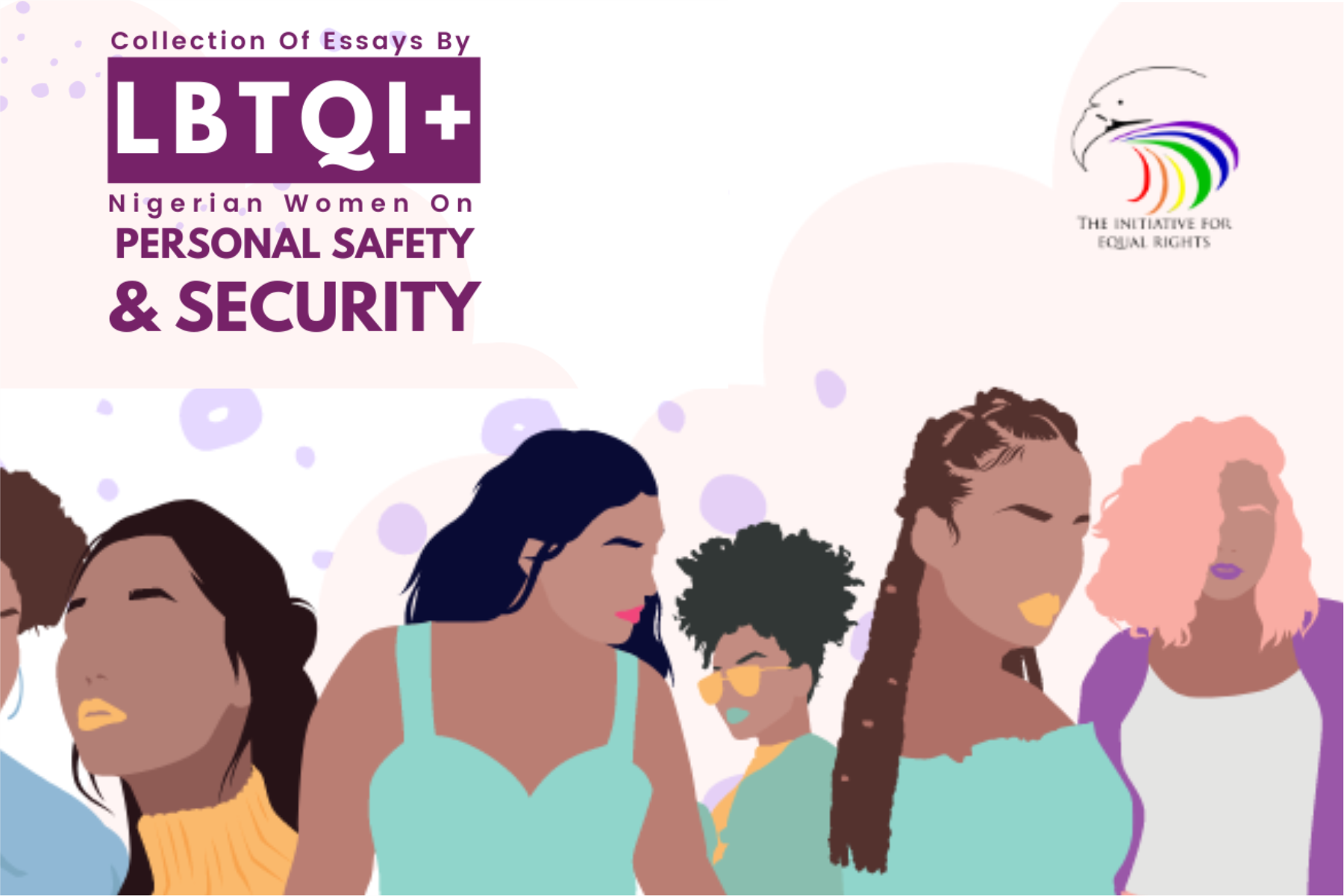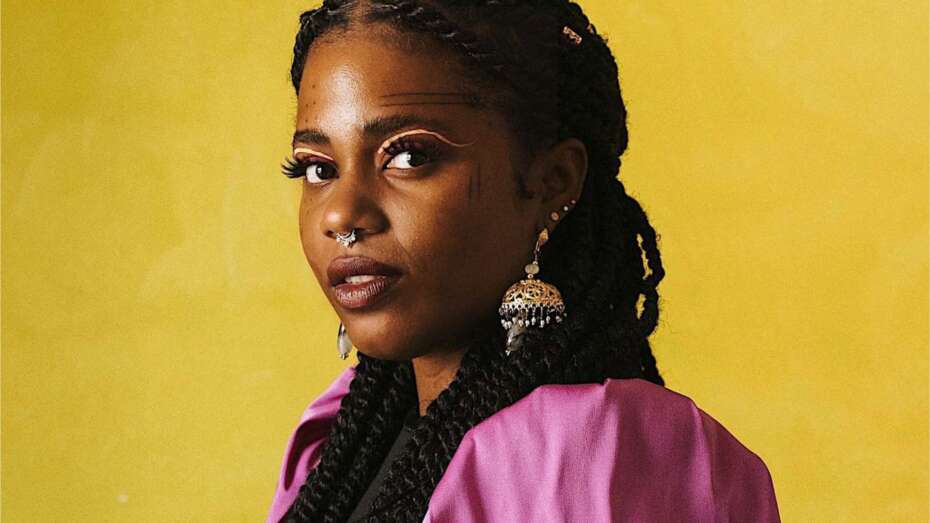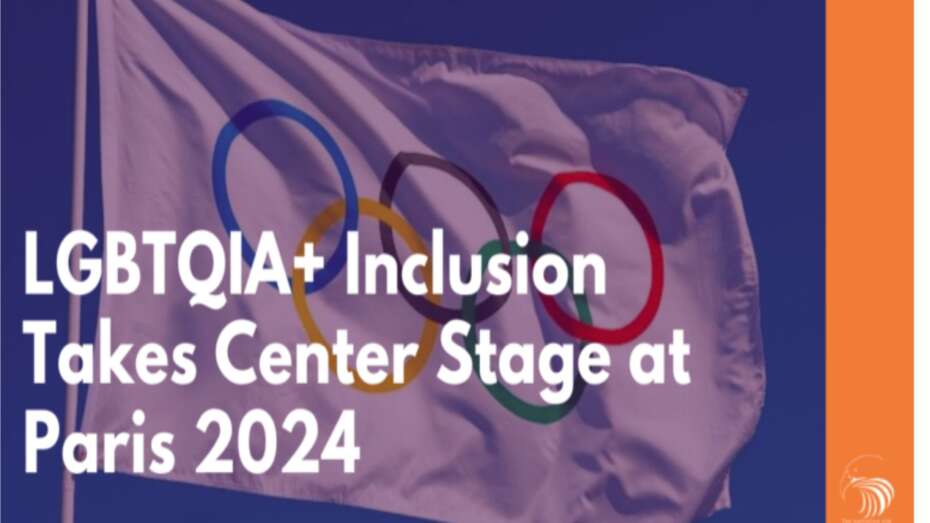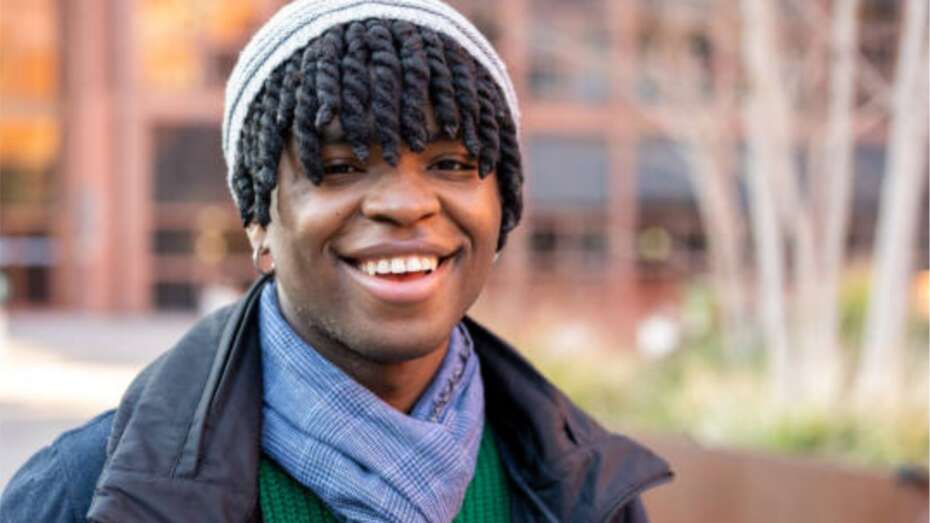The essays take different forms but share one singular message: queer women, and indeed queer people, are not safe in Nigeria. They also show that danger does not always present itself as mob attacks or violent encounters. Sometimes, danger comes from family, friends or colleagues.
Invisible Yet Visible, by Foluwasayo is about the cloak of invisibility that queer people have to wear to fit in and survive where they are not wanted. She writes, ‘I took pride over the last two years in the fact that I had an impregnable source of strength, but nothing prepares you to see the people you trusted pray so hard because deep down, they believe you are an abomination and people like you do not belong in the society.’
In A Silent Pain, an anonymous queer woman writes a sad account of two instances where people responded to her sexuality with physical violence. Queer women are often beaten, assaulted, raped and even killed because of their real or perceived sexual orientation or gender identity. As seen in this essay, these crimes can be perpetrated by strangers or people known by the victim.
A non-binary writer who prefers to stay anonymous writes in A Non–binary Perspective about the ways that all systems are set up against trans and non-binary persons, even within the LGBTQI+ community. They write, ‘While we are united by a defined struggle and movement, it is disheartening to see that many queer people in the Nigerian LGBTQIA+ community who look down on non-binary and transgender folks, do not want to live a life of relearning old and harmful cis-sexist ideas thereby fostering a never-ending cycle of abuse at the detriment of our collective queer liberation.’
In State-sanctioned Erasure, Timinepre writes about the increased risk of violence and discrimination that queer women face in Nigeria as violence against queer people is assumed to be state-sanctioned because of the Same-Sex Marriage Prohibition Act. In her conclusion, Timinepre writes, ‘There is not enough paper in the world to detail every form of violence queer women in Nigeria experience daily in virtual spaces and the real world especially when the state is complicit.’
TJ’s essay, What About Him… Your Ex? adopts a unique style of storytelling but the message is just as clear: living as a queer woman in Nigeria means always being on edge, always being watchful and always being hypervigilant. TJ writes, ‘The assumption of harm affects just as gravely as the harm itself. Learning this either through personal experience or the stories we hear could drive us to adopt coping mechanisms that could be healthy or unhealthy.’
In the final essay, The Journey To Me, Mariam details her difficult journey to come to terms with her sexual orientation and how naming herself a lesbian changed things for her. In the conclusion, Mariam writes about finding her chosen family, ‘My healing came in waves that threatened to drown me. One time, I opened my eyes and people were holding me up, reminding me that I am not a burden. Not a projection of dreams or something to endure. These people saw me as I am and accepted me. With them, I am unfolding to discover parts of myself I never knew.’
These essays, in all their variety, attempt to paint a picture of what it feels like to be an LBTQI+ woman living in Nigeria. The personal accounts of the writers show that although their experiences are diverse, they are unified by the same feelings of being unsafe and unprotected by their country and the people around them. These six accounts are in no way exhaustive of the experiences of queer women around Nigeria.
As we approach this year’s 16 Days of Activism with the theme Orange The World: End Violence Against Women Now!, remember that LBQTI+ women face an increased risk of violence because of their real or perceived sexual orientation, gender identity or expression and sex characteristics (SOGIESC).
We are very grateful to our contributors for sharing their stories with us in these essays.




